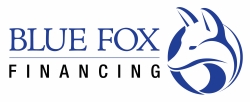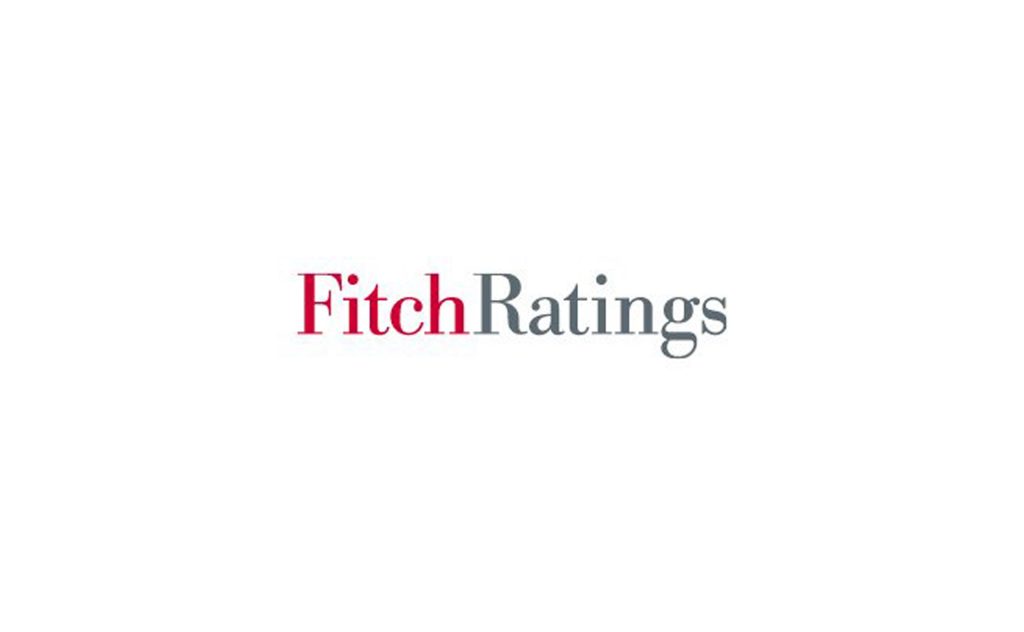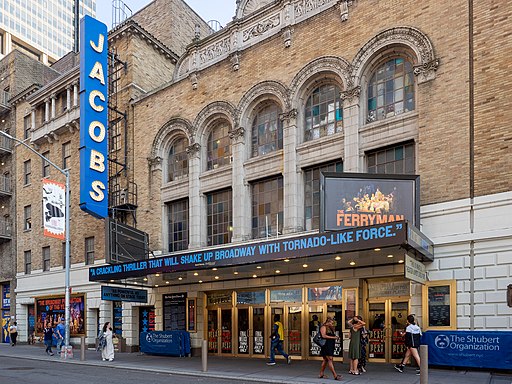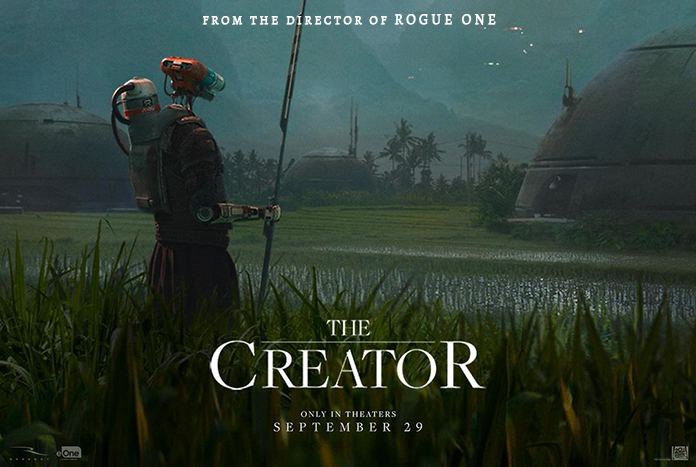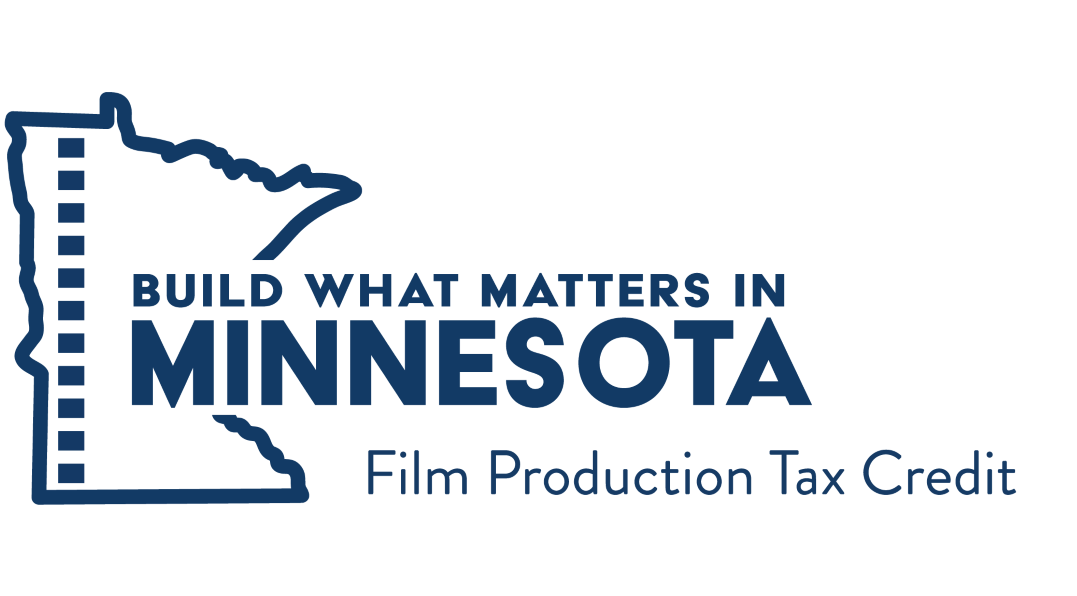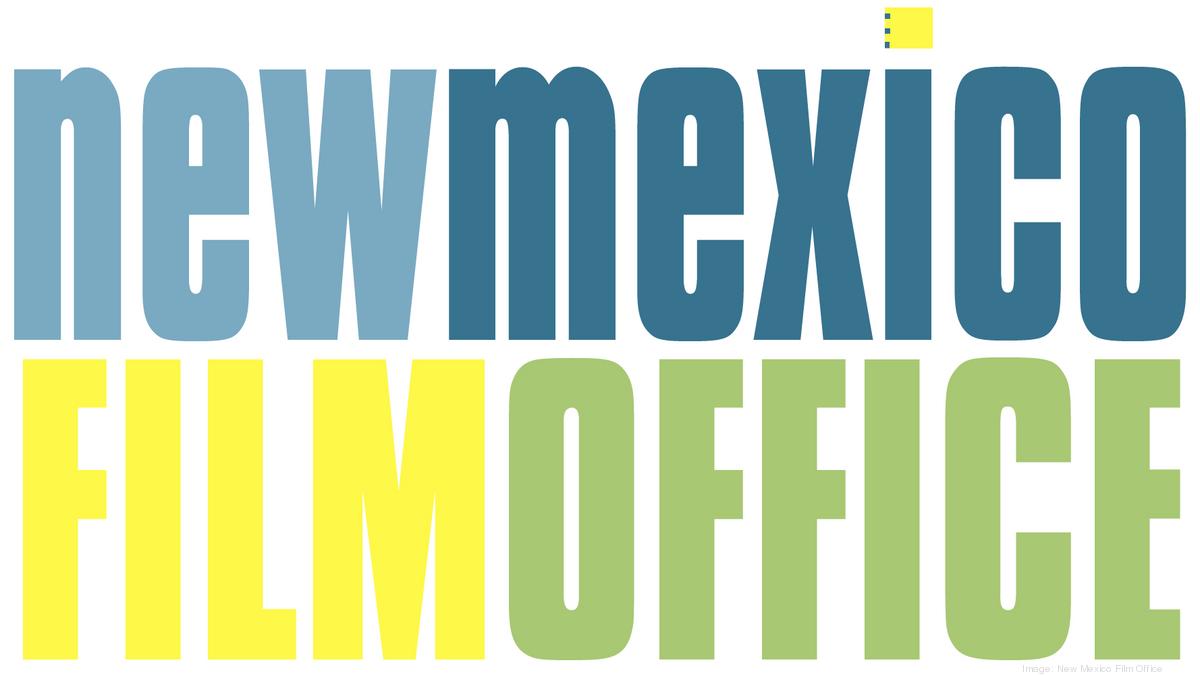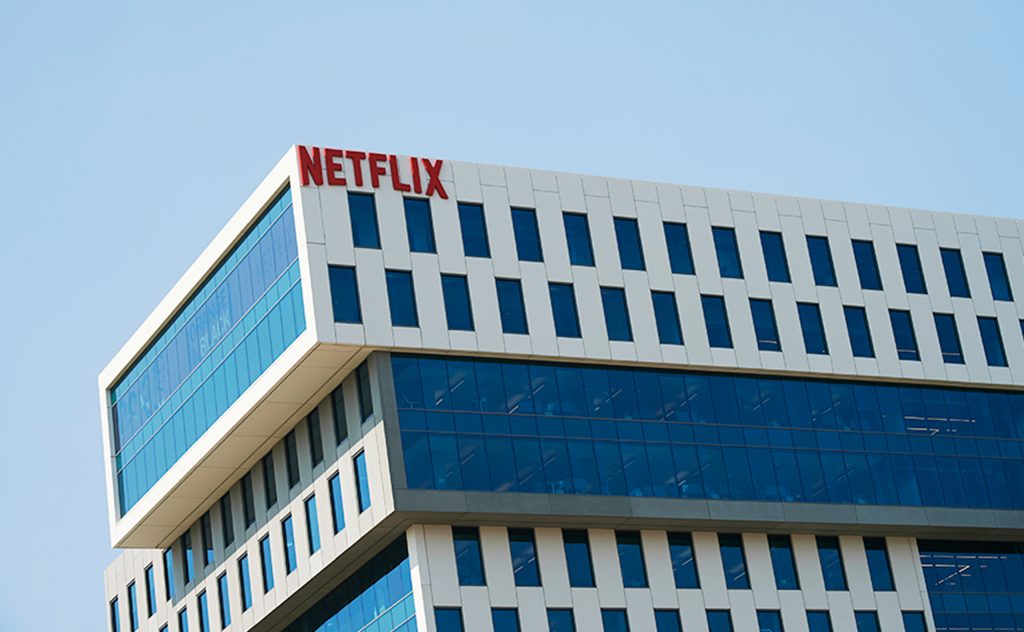Netflix Wins Big as California Doles Out Record $139 Million in Film Credits
(variety.com)
Netflix was the big winner as the California Film Commission awarded a record-setting $138.8 million in film tax credits on Monday.
The streaming service got $43.3 million for three projects, including $18.5 million for the Zack Snyder sci-fi epic “Rebel Moon.” Its other winning projects are “Beverly Hills Cop 4,” which was awarded $15.8 million, and an untitled feature with Jonah Hill, which got $9 million.
The $138.8 million total shattered the previous record for single round of film subsidies, which was $109 million awarded in August 2016. The commission increased the amount this round due to a sizable rollover of unused credits from previous rounds. Many projects were either canceled or relocated due to the pandemic.
Aside from Netflix, NBCUniversal and Sony also cleaned up this time around, getting $31.1 million and $28.1 million in credits, respectively.
Hill and Kenya Barris are two of the winners among talent this round. They are teaming on the untitled feature from Netflix. Hill also stars in “Dixon,” a Sony film that will get $14.6 million in credits, while Barris is producing a reboot of “White Men Can’t Jump,” from Disney, which will nab $6.5 million in credits.
“Being from California, it’s important for me to support my home state whenever I get the chance,” Hill said in a statement supplied by the film commission. “We are so thankful for The California Tax credit because it will allow me to utilize the amazing crew members and locations offered here at home for my next two projects.”
Gov. Gavin Newsom signed a two-year, $180 million expansion of the TV side of the credit in July, which will bump the program up to $420 million a year. That expansion does not apply to this round of credits.
Industry figures had warned state lawmakers that the TV credit was becoming a victim of its own success, and had lured so many shows from other states that it could not afford to subsidize all of them in later seasons. The industry groups argued there was a $150 million “shortfall” in the program, which helped make the case for the temporary expansion of the TV credit.
Newsom also signed into law a new $150 million credit to incentivize the construction of soundstages, which will apply to either film or TV projects.
Before the program expanded in 2015, the film commission would give out $100 million to film and TV projects in an annual lottery. Under the current system, projects are ranked based on their job creation metrics. The 23 projects awarded this round account for $678 million in “qualified” spending on below-the-line jobs and payments to in-state vendors.
By: Gene Maddaus
Continue Reading at variety.com
